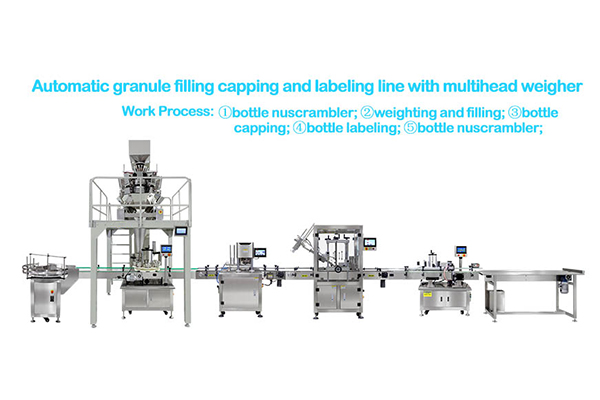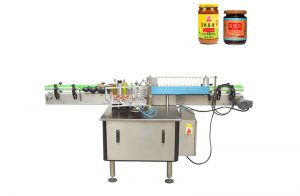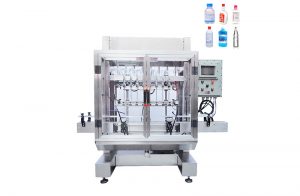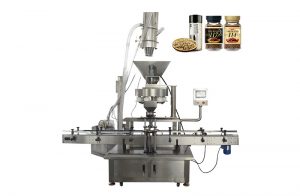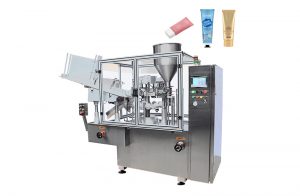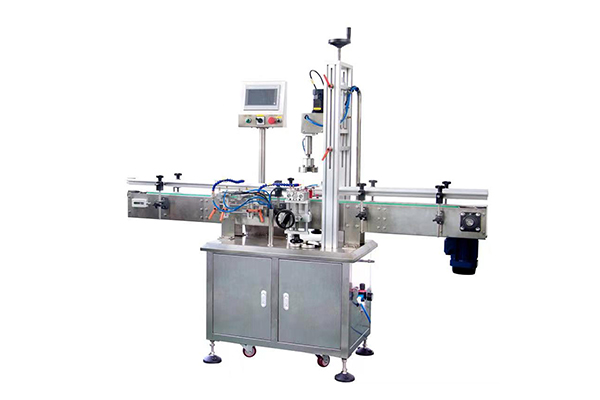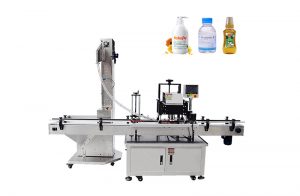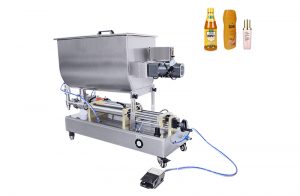Application:
A wide range of applications, suitable for food, beverages, cleaning supplies, medicines, bottles and other plastic bottles, glass bottles, PVC/ PET/ OPS, tin cans and other containers.
Flexible choice of multi-bottle type: can sleeve round bottle, square bottle, elliptical bottle, etc. can also sleeve the bottle mouth or bottle body.
Kindly Reminder:
We have experienced team of R & D engineers who can customize packaging solutions according to your product characteristics.
Packing Exambers:

| Labeling speed | 100-400 bottle/min |
| Sealing diameter | customizable |
| Label range | customizable |
| Size of main frame | 25-250mm(PVC/ PET/OPS) |
| Power specific | 5-20mm |
| Shrink furnace | Electric heat shrinkage or steam shrinkage |
| Power | AC220V/380V50/60HZ |
| Monitor Rate | 3.5KW |
| Host size | L5000mm/W1050mm/H2000mm |
| Weight | 600KG |
● 1. A wide range of applications, suitable for food, beverages, cleaning supplies, medicines, bottles and other plastic bottles, glass bottles, PVC/ PET/ OPS, tin cans and other containers.
● 2. High quality positioning accuracy: Full mechanical transmission design, use forced sleeve labeling, various film material above 0.03 mm Above film thickness can be used, film material inner diameter 5-10 range can be adjusted from 5-10.
● 3. Maintenance cost of low consumable material: the machine adopts low-cost discarded blade, easy to replace, lowcost burden.
● 4. Flexible choice of multi-bottle type: can sleeve round bottle, square bottle, elliptical bottle, etc. can also sleeve the bottle mouth or bottle body.
A full automatic sleeve labeling machine for bottles is a high-speed machine that is designed to accurately and efficiently apply sleeve labels onto bottles in a production line. This type of labeling machine is widely used in the food and beverage, pharmaceutical, and cosmetic industries, where labeling plays a critical role in branding and marketing products.
The full automatic sleeve labeling machine consists of several components, including a label dispenser, label cutter, conveyor system, and heat tunnel. The machine works by first dispensing the sleeve label from the label roll and cutting it to the required length. The bottle is then fed onto the conveyor system, where it is held securely in place while the sleeve label is applied. The heat tunnel then shrinks the sleeve label onto the bottle, creating a tight, smooth, and even finish.
One of the key benefits of using a full automatic sleeve labeling machine is its high speed and accuracy. The machine can label bottles at a rate of up to 600 bottles per minute, depending on the bottle size and label design. The labeling accuracy is also high, ensuring that each label is applied in the correct position and orientation.
Another advantage of the full automatic sleeve labeling machine is its versatility. The machine can handle a wide range of bottle sizes and shapes, including cylindrical, square, and oval bottles. Additionally, the machine can apply different types of sleeve labels, including shrink sleeves, stretch sleeves, and roll-fed labels.
When choosing a full automatic sleeve labeling machine, there are several factors to consider. Firstly, the machine’s capacity should match the production needs of the business. Secondly, the machine should be easy to operate and maintain, with a user-friendly interface and minimal downtime for cleaning and maintenance.
Thirdly, the machine’s accuracy and consistency should be high, with minimal errors or wastage. Fourthly, the machine should be durable and made from high-quality materials to ensure a long lifespan and minimal breakdowns.
Finally, it is important to consider the after-sales service and support provided by the manufacturer. This can include training, maintenance, and spare parts availability.
In conclusion, full automatic sleeve labeling machines for bottles are an excellent investment for businesses looking to increase production efficiency, reduce labor costs, and improve labeling accuracy and consistency. When choosing a machine, it is essential to consider factors such as capacity, ease of use and maintenance, accuracy, durability, and after-sales support.






